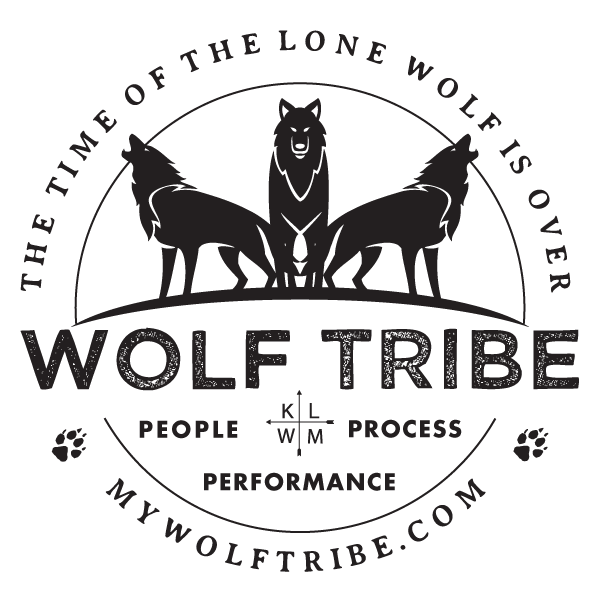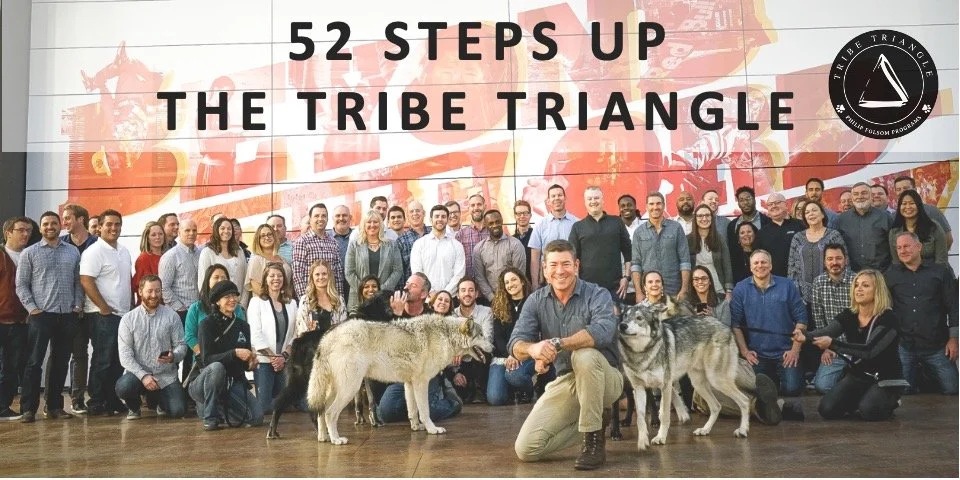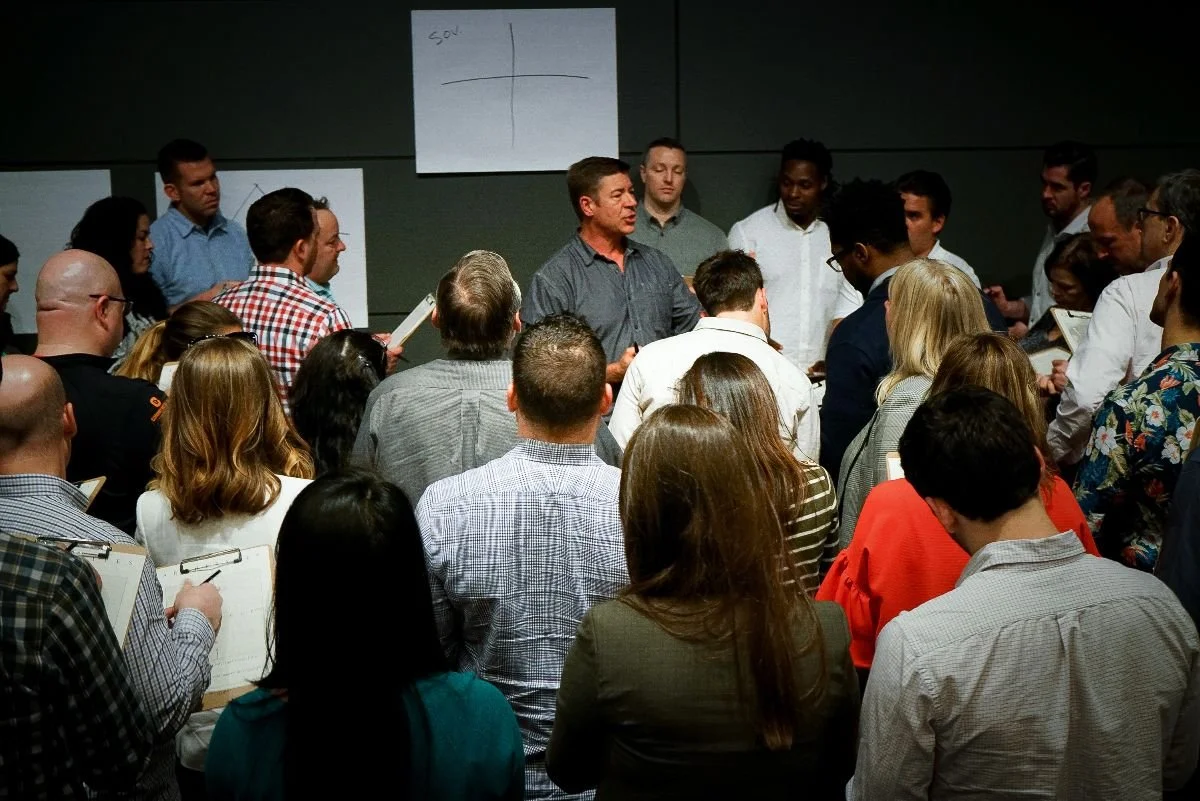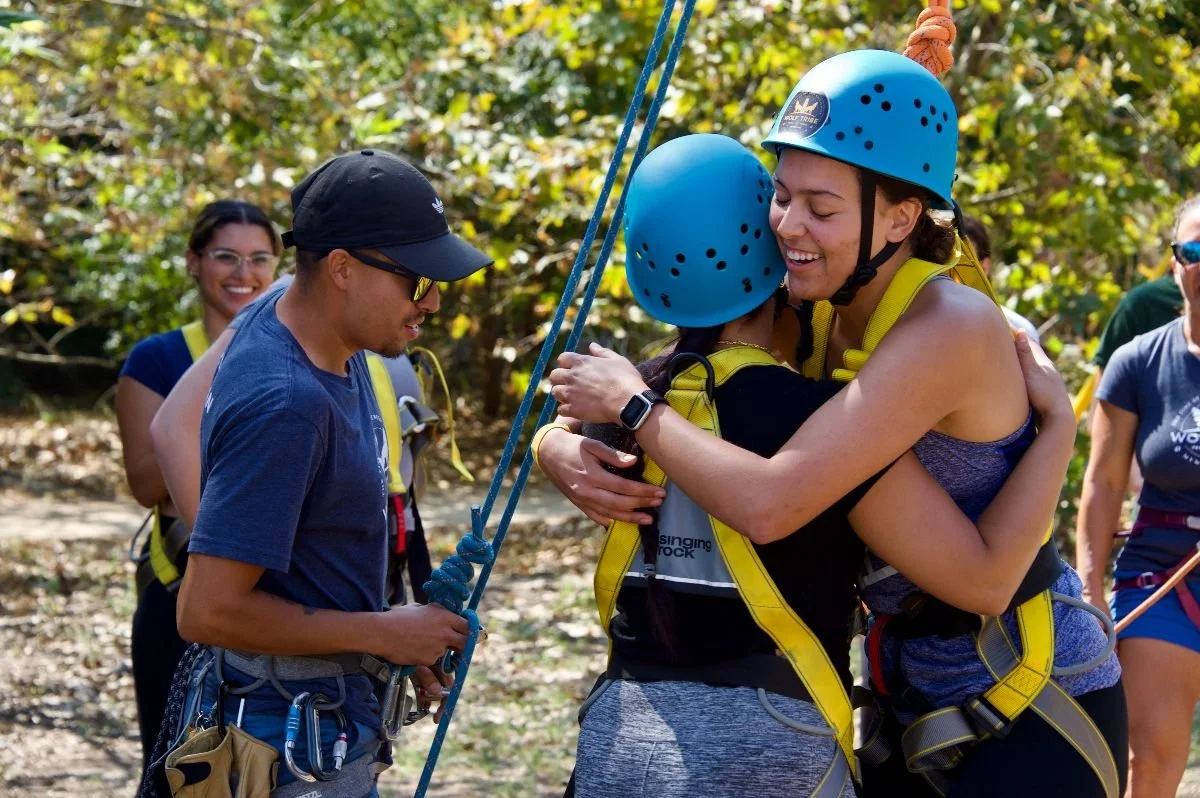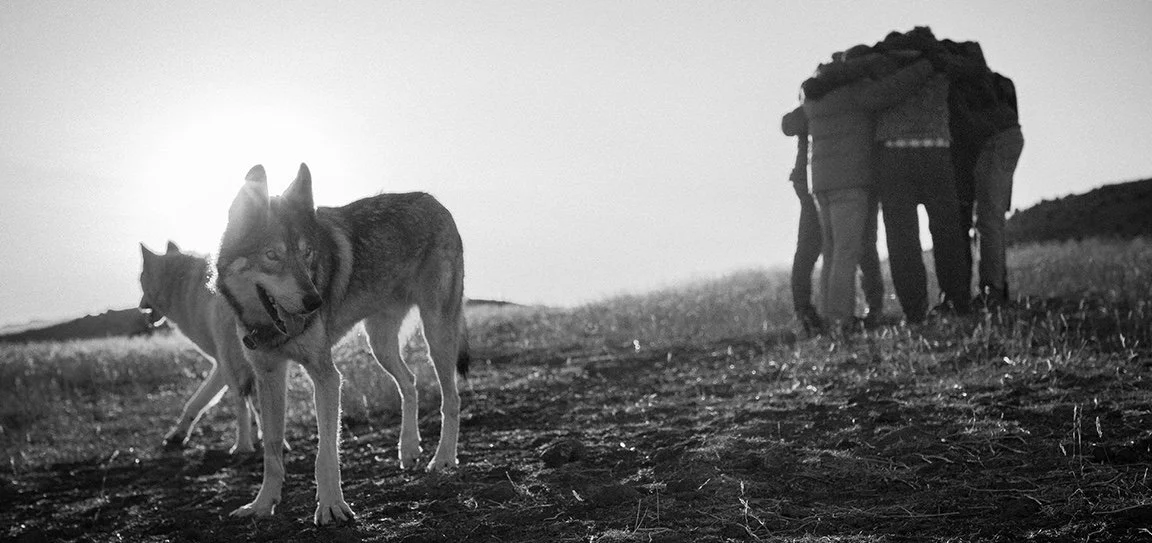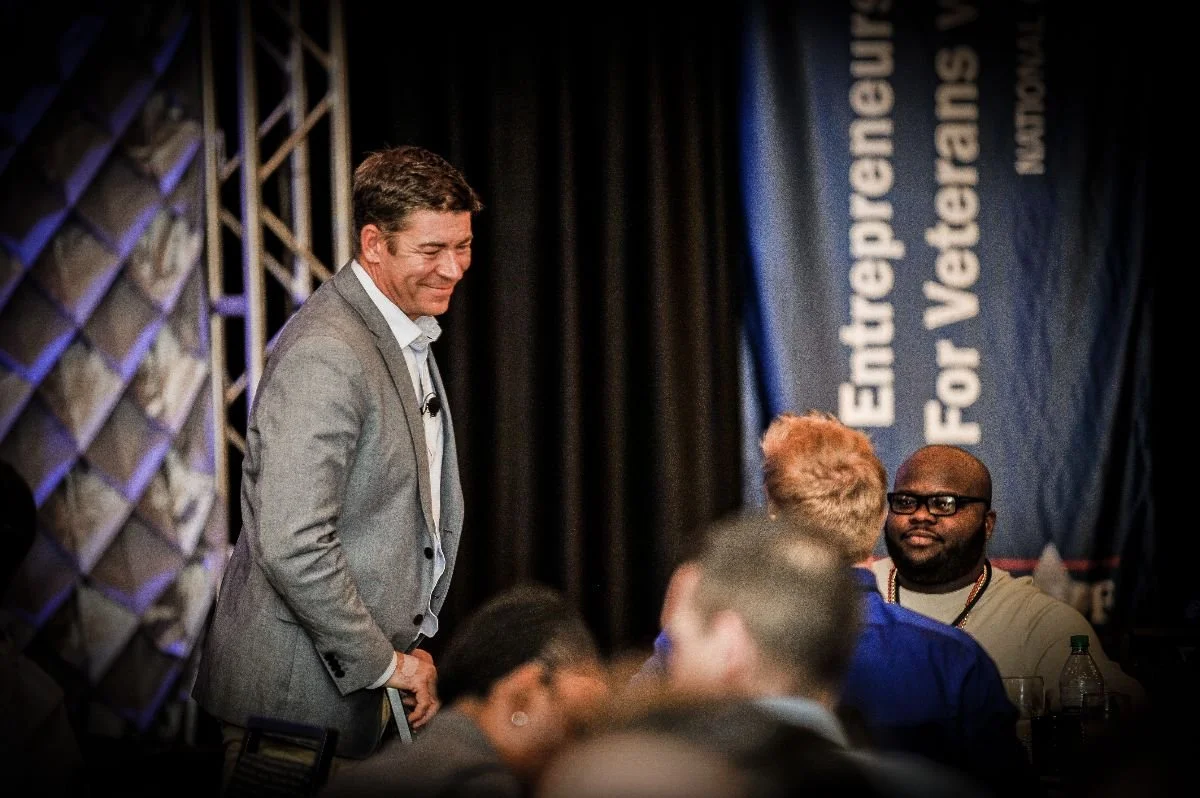Step 15 Up the Tribe Triangle: Kinship Solutions to Resiliency Challenges
Resiliency
(n.) The ability to become strong, healthy or successful again after something bad happens
“Life doesn’t get easier or more forgiving;
we get stronger and more resilient.”
-Dr Steve Maraboli
The factory setting and baseline emotional for humans is joy. When anthropologists first meet indigenous peoples, they report a very similar experience; we hear them before we see them because they are laughing and singing. Clinical anxiety does not exist in indigenous tribes who still maintain their kinship systems. Neither does clinical depression. Many indigenous tribes have no concept of what suicide is because it is such an anti-human behavior.
We know in our bones that we have a core need for the connection of kinship. In fact, our need for affiliation is one of the 3 most fundamental psychological drives along with autonomy and competence.
As we see the vital connection of kinship fading in almost every aspect of modern life, we can feel the dread and anxiety of isolation closing in. We find ourselves on social media platforms instead of communities desperately clamoring for the external validation of ‘likes’ from ‘friends’ who are do not actually like us and are not actually friends at all.
Back in 1985, Americans reported having an average of 3 ‘close others’ and by 2004 that number dropped to 1. Today, over 25% of Americans report that they do not have a single person to share a vulnerable challenge with. From 2013 to 2016 major depression rose by a staggering 33% and the clinical anxiety, addiction and suicide rate is rising even higher and faster within the last 5 years.
The few remaining pillars of tribe, kinship and community such as the church and other social institutions are crumbling from neglect or being actively pulled down. Even the seemingly invulnerable bastion of non-negotiable community, The Workplace, is now being threatened by remote work and artificial intelligence. When we have no authentic connection with our people at work, the isolation of humanity will be complete. Do not underestimate the power of community and kinship, Tribe Leader. Rage against the dying of the light of kinship!
The effects of isolation are massive for both our psychological and physical quality of life. In a recent large-scale study by Professor Christine Porath, it was discovered that over 65% of people don’t feel any sense of community at work and another study discovered that over 75% of people find it difficult or impossible to make connections with co-workers.
Overall, the majority of workers in America feel physically and emotionally isolated at their jobs and report feelings of loneliness.
This sense of isolation has a direct impact on our physical as well as psychological resiliency as well and people who report a sense of belonging and thriving at work experience less feelings of burn out, miss less work and have significantly less doctor visits. This translates into substantial health care savings and more productivity for the organization. Stress and stress-related illnesses are the number one killer of people in western culture and the negative health effects of loneliness is equal to the impact of smoking 15 cigarettes per day. Most of this stress is simply a downstream symptom of lacking the core human need of belonging.
Ironically, the experience of isolation today is happening while being surrounded and connected to more people than in any time in human history.
What is lacking is the ancient need for authentic kinship with these people. Feelings of loneliness are so destructive to us because we are a species that is designed for community to not only thrive but to survive. Isolation for communal species is a death sentence. The fact that we would choose isolation over community is evidence of the toxicity of our current culture and how far we have strayed from our cultural factory setting of kinship.
Being a leadership consultant for the last 30 years I have gotten to work with a who’s-who of notable companies in the word and I can authoritatively say that joy is not the baseline for people working in corporate America. Tragically, it would be just the opposite.
Clinical anxiety, depression and suicide are all increasing at alarming rates. The clinical psychiatrist, Jordan Peterson says “if you have to face a dragon you should go to its lair or it will come to your village.”
The mental health dragon that we all knew was out there hunting our veterans and police has jumped the fire lines and is now in our village hunting in our corporations, families and schools. It’s time to pull out the big guns of resiliency and the biggest one we have is reclaiming belonging which is the number one driver of resiliency.
We are inherently social creatures forced into a self-reliant world. We are built for kinship-culture and forced into career-culture. Authentic feelings of belonging are only found in families and organizations running kinship operating systems.
Creating kinship in your families, work teams and communities is the most important call to adventure you will ever receive, brave Tribe Leader. Reclaiming kingship is a steep and arduous road but we have the ancient, battle-tested roadmap of the Tribe Triangle to follow and you are enough. The call to kinship itself is your qualification.
Click here To watch the video of Step 15: Kinship Solutions to resiliency Challenges
Leaders must write and speak
Answer these questions in your journal by really writing them down. Discuss them with at least one of your most important people and really listen to their response.
Who are 3 people in your tribe who would benefit from an authentic connection from you to increase their feelings of resiliency and belonging?
1.
2.
3.
Ubuntu,
Philip Folsom
